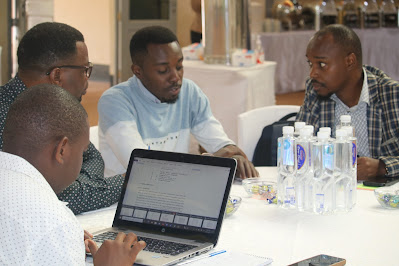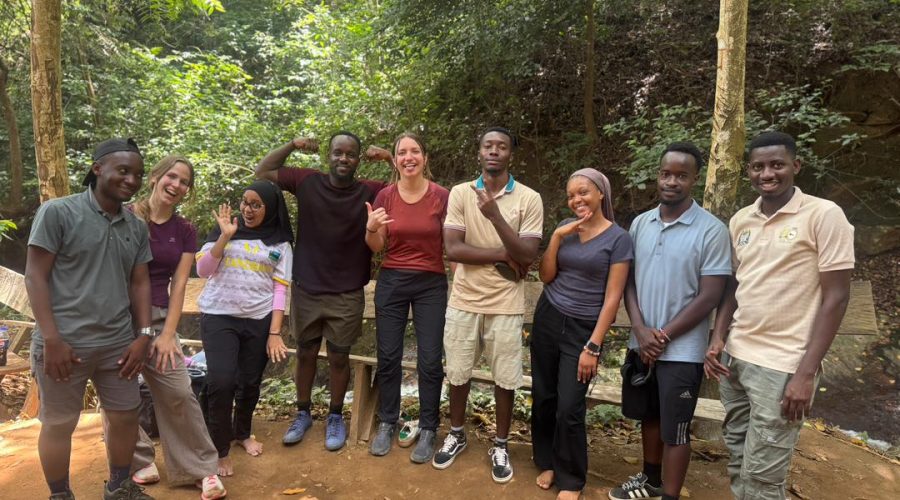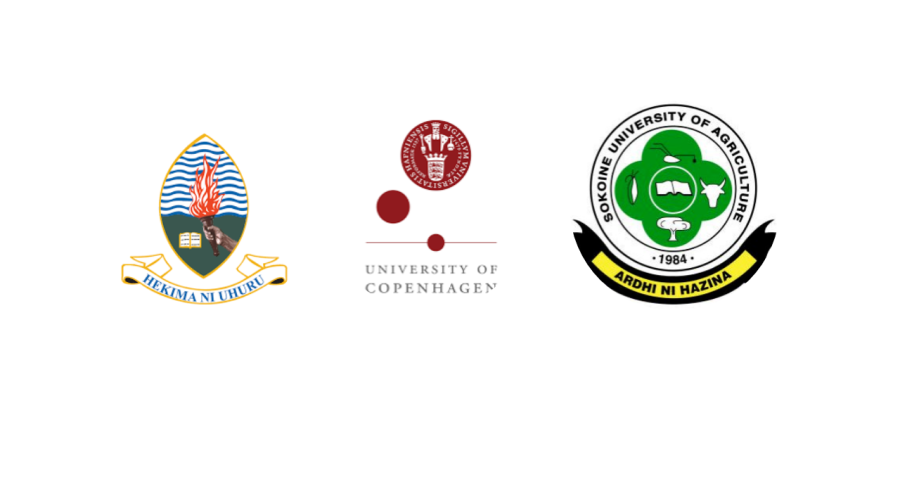In today’s rapidly changing world, the demands on higher education institutions to adapt and evolve their curricula to meet the needs of the market and the changing employment landscape are greater than ever. Sokoine University of Agriculture (SUA) in Tanzania is no exception. To ensure that the university’s curriculum remains relevant and up-to-date, a curriculum mapping and gap analysis was conducted to assess the extent to which the university degree programs align with the current development needs.
Benchmarking Best Practices
In this process, SUA has been looking at best practices from around the world, including prominent universities such as those in India, Cuba and Norway. One key takeaway from these benchmarking efforts is the need to reduce the number of core courses and increase the room for elective courses. This approach allows students to tailor their education to their interests and career goals while also preparing them for a dynamic and diverse job market.
Rapid Changes in Employment Landscape
The shift towards more self-employment and diverse employment opportunities for graduates has necessitated a rethinking of traditional core courses. With many graduates now working in non-traditional roles, it is essential that universities provide students with a diverse range of skills and knowledge that can be applied across different industries and sectors.
Reducing Core Courses and Increasing Electives
By reducing the number of core courses and increasing the room for elective courses, universities can ensure that students are exposed to a broader range of subjects and ideas. This approach also allows students to specialize in areas of interest, which can lead to more fulfilling careers and better job prospects.
Further Observations
The observations made during the international benchmarking process for Sokoine University of Agriculture (SUA) highlighted several key areas for improvement. Firstly, it was noted that there is a need to enhance the facilities and infrastructure for degree programs at SUA to improve the quality of knowledge and expertise delivered to students. This improvement is crucial in ensuring that students have access to modern resources and technologies that are essential for their education and skill development.
Additionally, the importance of extension services to the community surrounding the university was emphasized as a critical aspect of equipping students with practical skills. By engaging with the local community through extension services, students can gain hands-on experience and apply their theoretical knowledge in real-world settings. This practical exposure is invaluable in preparing students for the challenges they will face in their future careers.
Moreover, the development of value-added products within the university was identified as a significant factor in enhancing the overall educational experience at SUA. By focusing on creating value-added products, the university can foster innovation, entrepreneurship, and practical application of knowledge among its students.
This approach not only enriches the academic environment but also contributes to the economic development of the region by promoting local industries and initiatives. A good example of where this can be done is in the Department of Forest Engineering and Wood Sciences which offers a course in Wood product value addition where with the presence of Vuyisile Mini furniture factory diverse products can be made and sold to local communities surrounding the university but also can be a good chance for students to develop hand on experience on what they learn in classes





